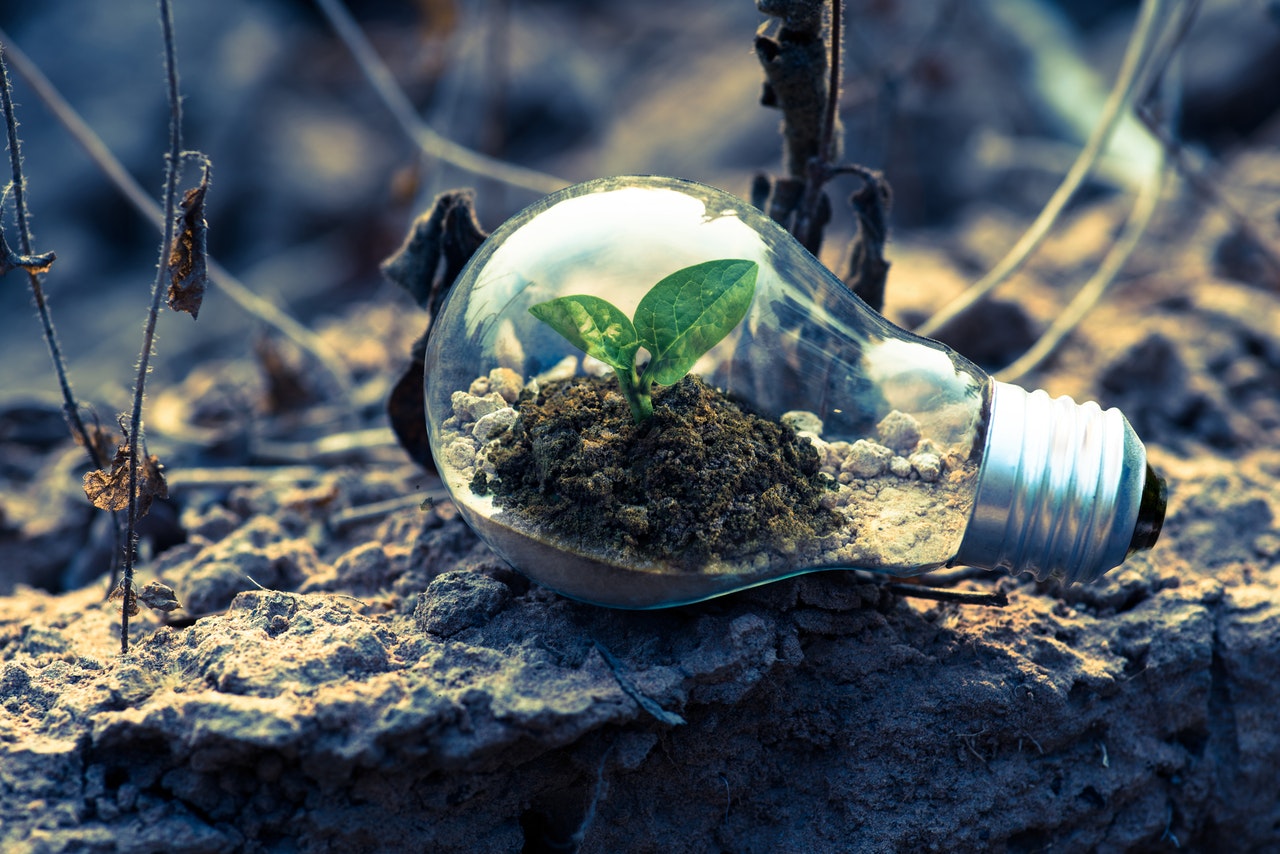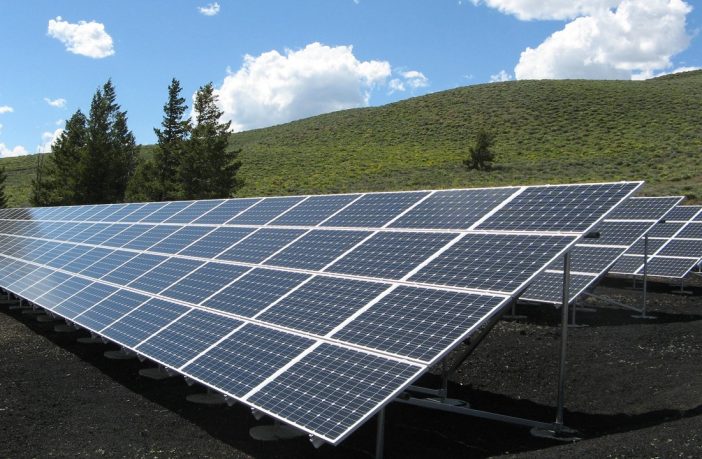How the prospect of alternative energy will affect the geopolitical environment
While hydrocarbons used to be almost the only source of energy, today the prospect of alternative energy is changing the world. In the past, long and bloody wars were fought over oil and gas to establish their sphere of influence in a country with large reserves. In the future, with the spread of green technology, this practice will cease. The International Renewable Energy Agency (IRENA) notes that abandoning conventional fuels will greatly increase the energy independence of nations.
Prospects for alternative energy: Who stands to gain?
Green technology makes it possible to produce electricity in virtually unlimited quantities. Thanks to this, dozens of states in the near future can secure their economies from the risks associated with changes in the cost of hydrocarbons. Moreover, the so-called “oil corridors” that include the Straits of Hormuz and Malacca will also become less important.
The wide applicability and decentralization of solar and wind power plants will play a crucial role in establishing democracy in the world. Free access to electricity will greatly increase opportunities for nations. At the same time, energy extracted from alternative sources will be cheaper than conventional production.
However, do not indulge in hopes of a quick and easy transition. In addition to the need to choose a place to install wind turbines and panels, their installation and connection to networks, we must not forget about other factors. For example, the production of the devices requires special metals. For example, the production of batteries requires a lot of cobalt. 60% of deposits are in the Democratic Republic of Congo. The growth in demand for the material has caused a number of problems in the state. The social sphere and the environmental situation have been particularly hard hit.
 In addition, the active transition to green technologies calls into question the prospects of OPEC members. The IRENA report contains a matrix showing the vulnerability of different countries. Saudi Arabia, Kuwait, the UAE, Libya, Qatar and Angola have the worst situation. The development of the industry will also hit Azerbaijan, Russia, Algeria and Iran.
In addition, the active transition to green technologies calls into question the prospects of OPEC members. The IRENA report contains a matrix showing the vulnerability of different countries. Saudi Arabia, Kuwait, the UAE, Libya, Qatar and Angola have the worst situation. The development of the industry will also hit Azerbaijan, Russia, Algeria and Iran.
An important problem is that oil-producing states are in no hurry to get rid of oil dependence. For example, the above-mentioned Saudi Arabia has developed a program Vision 2030, the purpose of which was to develop new areas for the economy. However, it seems that the plans are not destined to come true. Instead of transformation, Riyadh continues to increase hydrocarbon production. Nevertheless, the Saudis recognize that the era of “dirty fuel” is at its peak, and the future belongs to green technologies. Therefore, such investments are justified by the desire to produce cheap oil and make the last profit while it is still possible.
According to IRENA, the best positions are occupied by the USA, EU, Japan and China. Despite the fact that the U.S. retains the leadership in global hydrocarbon production, the Renewable Energy Agency sees good prospects. The country is making large investments in alternative energy, already has the technology and is gradually introducing it. In addition, IRENA believes that an excellent future awaits Iceland as well. 100% of the country’s needs are satisfied by hydropower plants and geothermal power plants.




